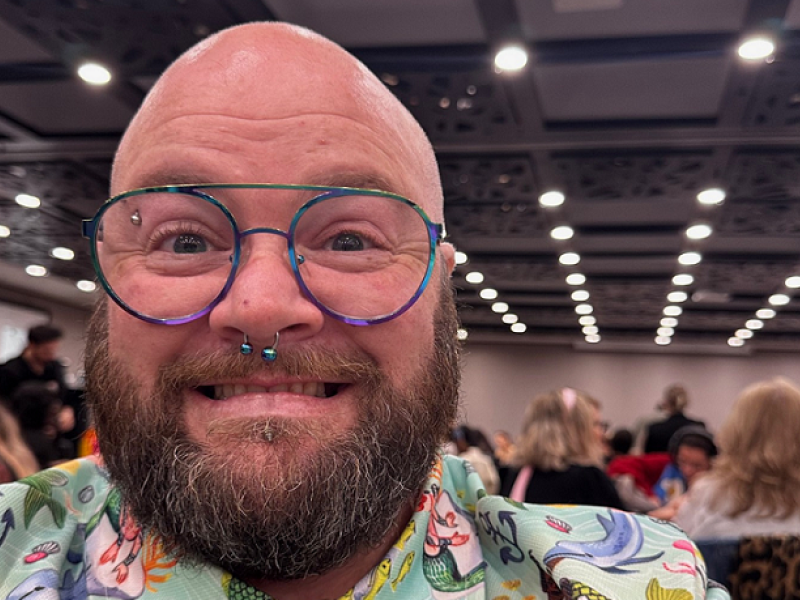The Western Sydney Recovery College’s Manager Jayke Burgess is passionate about human rights and social justice. Through the College’s LGBTIQA+ Inclusivity course, he has an opportunity to help people from all walks of life to make the spaces they live and work in safer and more inclusive for LGBTIQA+ people.
“Most people don’t want to be hurtful and it gives them an opportunity to explore things they’ve heard and find out more,” he said.
Delivered by One Door Mental Health, the Western Sydney Recovery College is part of an international model that bridges the gap between mental health services and education. The College is primarily designed for people with mental health challenges but also provides psychoeducation for the broader community. All workshops & programs are co-designed and co-delivered by specialist educators and peer educators with lived experience.
“The biggest thing we encounter is not discrimination, it’s more that it’s not going to be considered that LGBTIQA+ and especially trans people are at risk in a place like a hospital,” Jayke said.
“I was in hospital once and a specialist outed me as a trans man to the whole ward. They meant well and were wanting to show that they were supportive, but the ward was full of pretty rough looking men and it left me feeling pretty vulnerable.
“I wrote to them about it afterwards and to their credit the hospital followed up by educating their whole surgical team and they now run a dedicated LGBTIQA+ specific service.”
